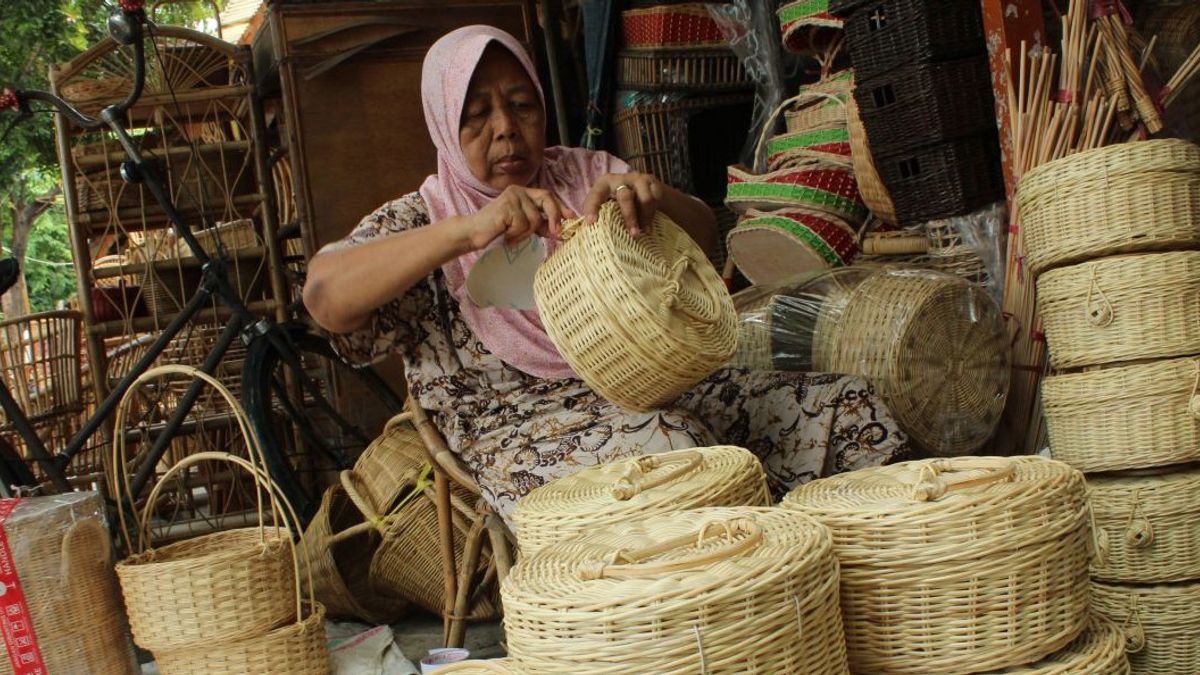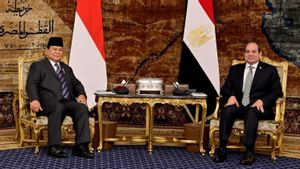JAKARTA - Economist who is also a lecturer at the Faculty of Economics and Business, University of Indonesia, Fithra Faisal Hastiadi, highlighted the reasons for the realization of the distribution of people's business loans (KUR) for MSMEs which are fairly low and hampered.
Fithra said that the two main factors that hindered KUR distribution were the capacity and understanding of banks in providing credit, as well as the capacity of MSMEs in utilizing funding.
According to Fithra, not all banks have a qualified understanding and capacity to distribute KUR. Currently, only BRI, a state-owned bank, is already experienced in this field.
"So it's natural that when the distribution of KUR is hampered because they (banks of other countries) see the prudential aspect, what if the credit is distributed quickly and then stuck, this will enlarge the NPL (non-performing loan) and burden banks," he said, quoted from Antara, Tuesday, May 28.
He emphasized the importance of increasing the capacity and quality of MSMEs to be worthy of credit, so the most important thing is not only to encourage lending, but also to increase the capacity of MSMEs to be able to take advantage of these fundings.
Fithra said that many MSMEs had access to funding, but were not accompanied so that their businesses did not develop.
"So it's just a matter of understanding the condition of MSMEs being strengthened. On the other hand, how can the government also increase MSMEs so that they can be compatible to use the funding," he said.
The Coordinating Ministry for the Economy noted that the realization of KUR distribution for various types of business actors until April 2024 reached IDR 90.45 trillion from the total target of IDR 287 trillion.
SEE ALSO:
Meanwhile, according to data from the Ministry of Cooperatives and SMEs, the realization of the distribution of people's business loans (KUR) in 2023 reached Rp260.26 trillion, which was distributed to 4.64 million debtors. This figure does not reach the target of KUR distribution in 2023 of Rp297 trillion.
Minister of Cooperatives and SMEs Teten Masduki in a working meeting with Commission VI of the DPR RI in Jakarta, 19 March admitted that the distribution of KUR still had to be evaluated. He said that until now many MSME actors have difficulty accessing KUR because KUR fund distribution banks still require collateral.
KUR is a government program by providing small interest loans to MSMEs. The program is channeled through financial institutions such as BRI, Mandiri, BNI, and other banks.
The English, Chinese, Japanese, Arabic, and French versions are automatically generated by the AI. So there may still be inaccuracies in translating, please always see Indonesian as our main language. (system supported by DigitalSiber.id)
















